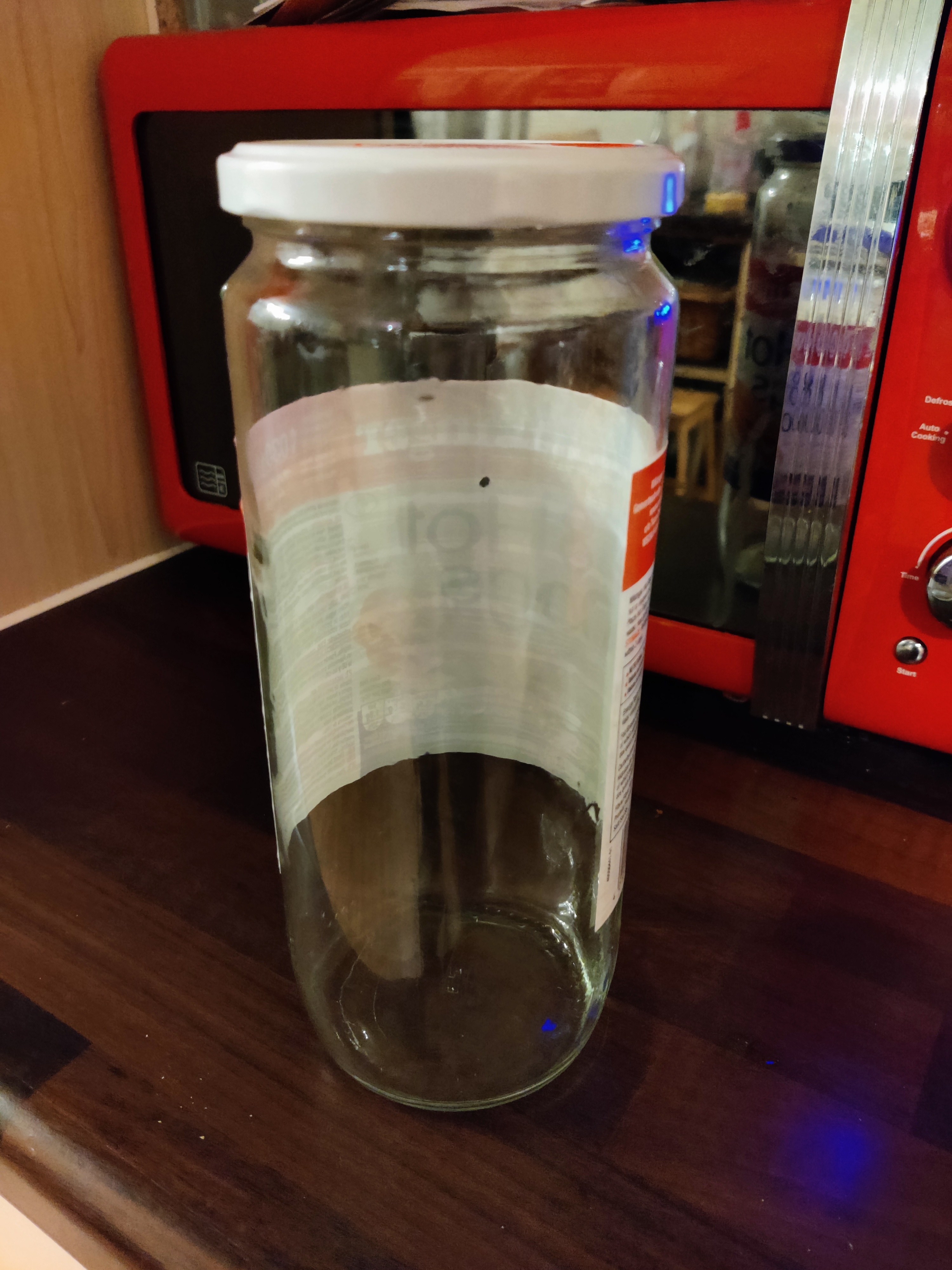this post was submitted on 30 Jan 2024
139 points (93.7% liked)
Asklemmy
46231 readers
840 users here now
A loosely moderated place to ask open-ended questions
If your post meets the following criteria, it's welcome here!
- Open-ended question
- Not offensive: at this point, we do not have the bandwidth to moderate overtly political discussions. Assume best intent and be excellent to each other.
- Not regarding using or support for Lemmy: context, see the list of support communities and tools for finding communities below
- Not ad nauseam inducing: please make sure it is a question that would be new to most members
- An actual topic of discussion
Looking for support?
Looking for a community?
- Lemmyverse: community search
- sub.rehab: maps old subreddits to fediverse options, marks official as such
- [email protected]: a community for finding communities
~Icon~ ~by~ ~@Double_[email protected]~
founded 5 years ago
MODERATORS
you are viewing a single comment's thread
view the rest of the comments
view the rest of the comments

I mean... maybe because I am not a native English speaker but how you say it normally? Don't people say "throw away" even when they throw it to the recycling bin as well?
I never thought it would imply to not recycling it, I am confused.
Could be, who knows! Regional differences in English make it complicated.
I’ve always used these as separate verbs. “Throw away” to me means to put it into the garbage, “recycle” means to put it in the recycling bin. Like, “Oh, don’t bother recycling that, just throw it away” or, conversely, “Don’t throw that away, it should get recycled.”
But at the same time, if someone were to hand me a rinsed-out milk carton and say, “throw this away” I would probably ask them where their recycling bin is. All down to interpretation and situation, I suppose.
Language is fun!
In colloquial American English you throw away trash. You throw away garbage. You can throw away rubbish. You sort recycling or you take out the recycling. Recycling becomes a noun in this use case.